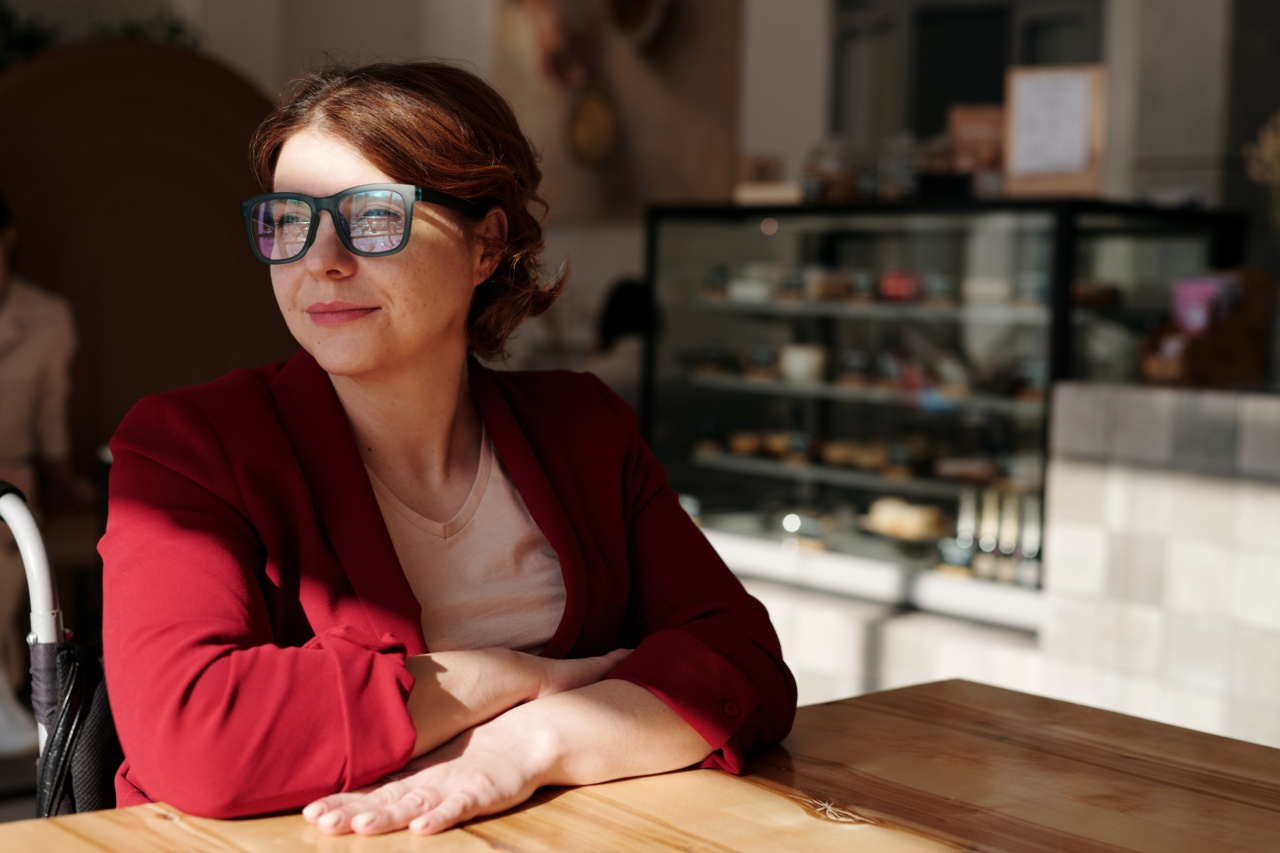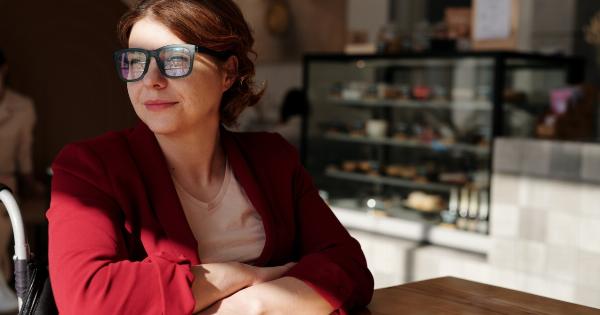The International Day of Persons with Disabilities is observed annually on December 3rd. This day aims to promote an understanding of disability issues and mobilize support for the dignity, rights, and well-being of persons with disabilities.
It also seeks to increase awareness of the gains to be derived from the integration of persons with disabilities in every aspect of political, social, economic and cultural life. The theme for this year’s event is “Building Back Better: toward a disability-inclusive, accessible and sustainable post COVID-19 World”.
What are the Rights of Disabled People?
Persons with disabilities have the same human rights as everyone else. However, throughout history, disability has been often defined with a stigma that led to discrimination and exclusion of people with disabilities.
During the last two decades, this perspective has changed significantly. The UN Convention on the Rights of Persons with Disabilities (CRPD) was adopted in 2006 to ensure that individuals with disabilities have full and equal enjoyment of all human rights and fundamental freedoms.
The Importance of Accessibility
Accessibility is the cornerstone of inclusion for people with disabilities.
It encompasses physical accessibility, such as wheelchair ramps, automatic doors, and Braille signage, and digital accessibility, which ensures that web content, applications, and digital documents are accessible to all users, including those who rely on assistive technology such as screen readers.
Many countries have legislation in place that requires accessibility, including the Americans with Disabilities Act (ADA) in the United States and the Disability Discrimination Act (DDA) in the United Kingdom.
Nevertheless, accessibility remains a significant challenge for people with disabilities worldwide. The digital divide, the lack of accessibility to public infrastructure and transportation, and the high cost of assistive technology are all major obstacles that limit the rights of people with disabilities.
Employment for People with Disabilities
Employment is crucial for economic independence, social integration, and dignity. Unfortunately, people with disabilities face significant barriers to employment.
The employment rate for people with disabilities is less than half that of non-disabled adults. One in five working-age adults with disabilities lives in poverty, compared to one in ten for non-disabled working-age adults.
Employers must play a vital role in eliminating barriers to employment for people with disabilities.
This includes providing reasonable accommodations, such as accessible technology, modifying work schedules, and making physical modifications to the workplace.
Education for People with Disabilities
Education is a fundamental human right and can be an essential tool in achieving full participation and inclusion for people with disabilities in societies worldwide.
Education is also a powerful tool for the empowerment and respect of people with disabilities. However, many children with disabilities worldwide are denied access to quality education due to lack of physical accessibility, lack of teacher training, and discrimination.
Getting Involved and Taking Action
Everyone has a role to play in promoting and protecting the rights of people with disabilities.
Governments, organizations, employers, and individuals can make a difference by advocating for disability rights, promoting accessibility, and increasing awareness of disability issues.
It is also essential to remember that disabled people are not defined by their disabilities. They have families, interests, hobbies, areas of expertise, and unique personalities, just like anyone else.
By promoting inclusive environments and recognizing the dignity, rights, and talents of people with disabilities, we can create a more just, sustainable, and inclusive world.
Conclusion
On December 3rd, the International Day of Persons with Disabilities, we celebrate the lives and contributions of people with disabilities.
We also remember the many challenges they face and recommit ourselves to building a better world that includes and welcomes everyone. By ensuring that people with disabilities have equal rights and opportunities, we can build a society that is more vibrant, innovative, and just for all.































